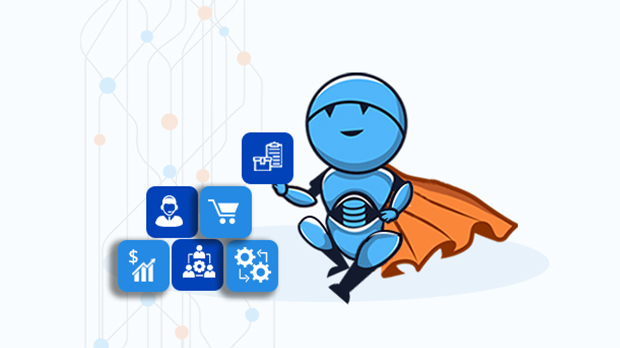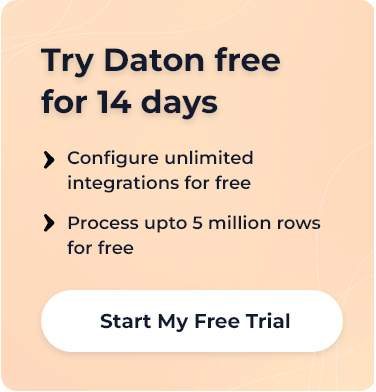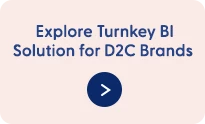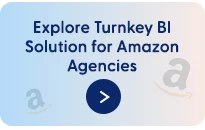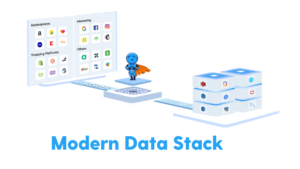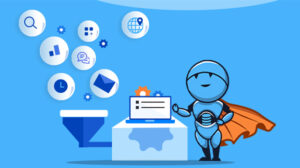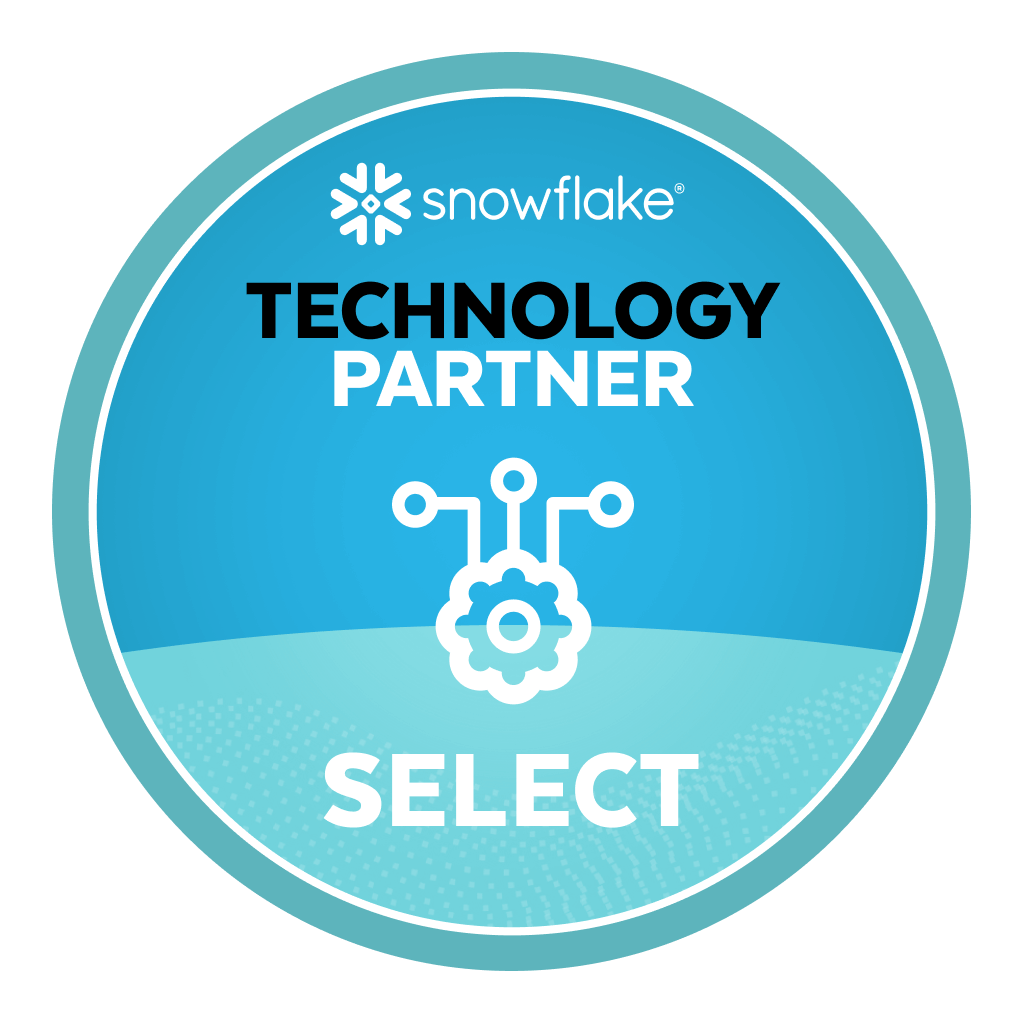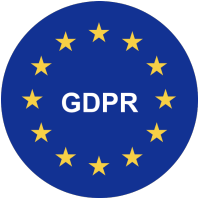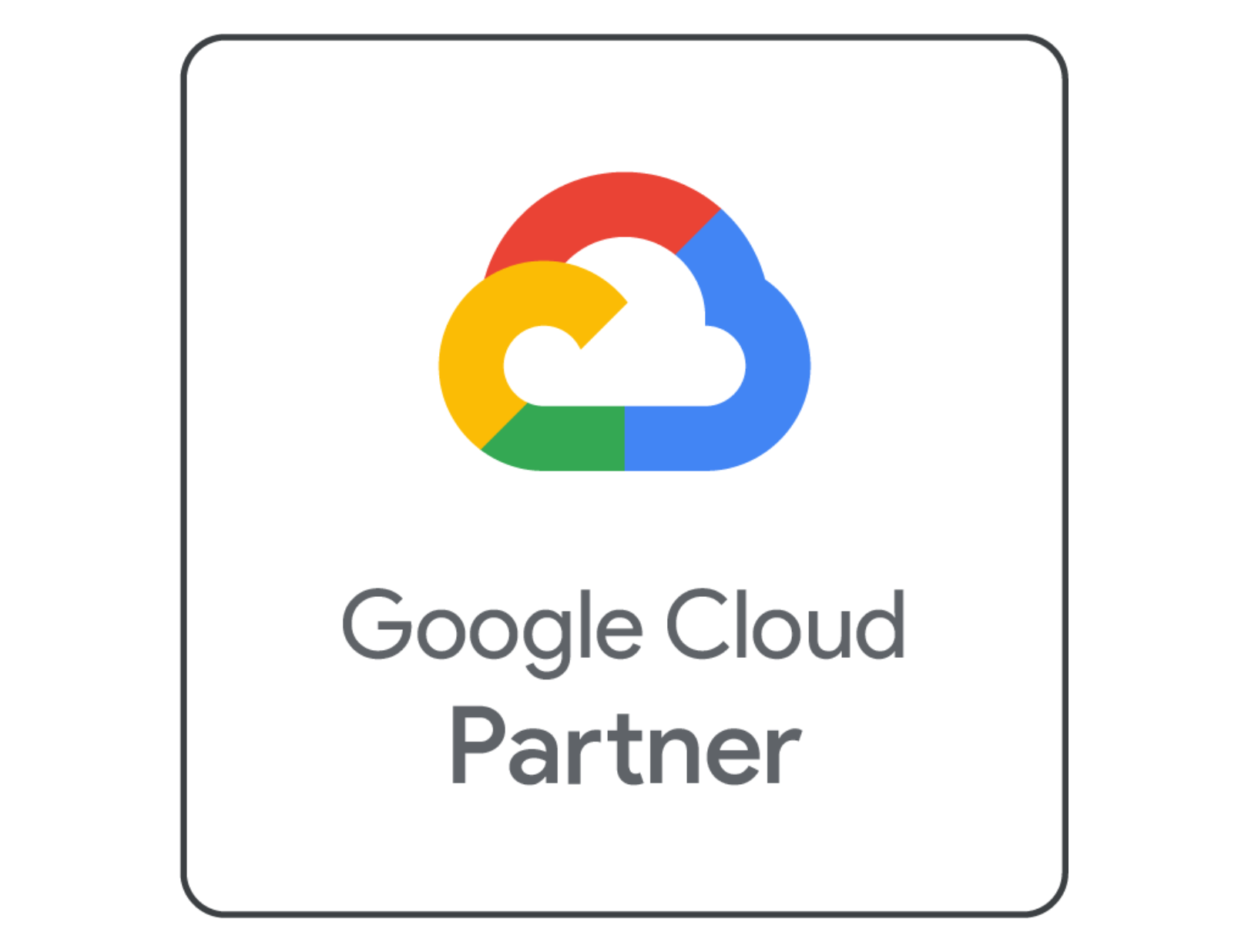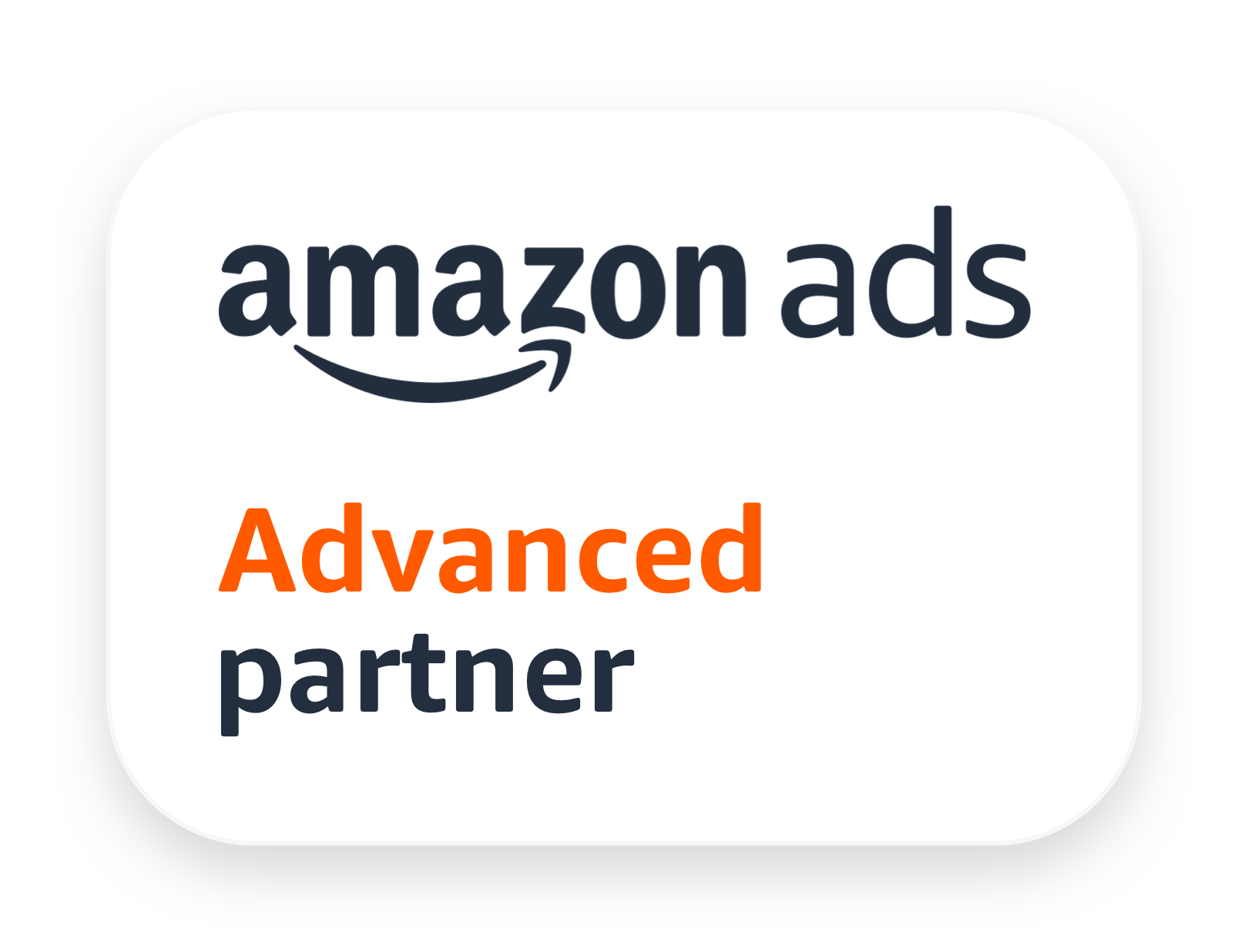What is an ERP System?
ERP stands for Enterprise Resource Planning. It helps automate and integrates core business processes such as taking customer orders, scheduling operations, and keeping inventory records and financial data. The most significant advantage of the ERP system is that it manages the overall business performance and offers intelligence, clarity, analytics, and efficiency across all aspects of a business. As a result, this system provides one source of the truth and helps our business’s digitalization.
Why do Businesses need ERP systems?
ERP software is built to store a massive number of data across the stretch of business functions. These functions involve accounting, manufacturing, CRM, or HR, to name a few. If one can’t keep track of all those spreadsheets, continually shifting among software, or coping with getting the apps to correspond with each other, this is a common problem faced by enterprises who have not moved to ERP. These are primary hurdles for a growing business and some of the main reasons to upgrade to an ERP system. ERP’s flagship can integrate functions seamlessly, combining disparate operations in a single, central workspace. All ERP systems streamline data while lessening training costs, user error, and the cost of keeping multiple systems.
Use-Cases of ERP System
An ERP implementation frequently presents a fast return on investment via insights and efficiency gains that preserve the company money right away. Here we will see some use-cases of the ERP system.
Inventory Management
The retailer often uses the inventory management module; it shows real-time inventory stock levels and frequently updates when new stock arrives; additionally, it also displays the returned product in the warehouse. The inventory management module assists the operation manager to compare previous sales data with the current data to see day-to-day performance. The module shows the exact location of items that helps staff to find items at the right place. It is a crucial feature of the inventory module. It saves much time in finding the items in the warehouse.
Human Resource Management
ERP human resource module keeps track of the payroll. For any company, payroll is the most time-consuming process. Therefore, the staff always expect the payment on time. ERP human resource module automates the company’s system and generates staff’s paychecks every two weeks—the company’s owner has to review them for accuracy. Hence, making payroll on time. ERP module contains employee records, their contact information, tax documents, and employment forms. Above all, it assists managers and workers through the schemes for annual performance reviews. The HRM software can even personalize onboarding and training for new staff to get them up to speed instantly.
Other areas where a company uses the ERP module are Supply chain management, Manufacturing, Project Management, Compliance monitoring, Business intelligence, and eCommerce, amongst others.
5 Popular ERP System
The five popular ERP software that can really boost the performance of our business are:
Oracle Netsuite
This ERP software is a comprehensive solution for businesses, education services, and support services (including Enablement and training, professional services, and support programs). Oracle Netsuite ERP is a cloud-based solution to tackle business of every size. As a result, various fields that have successfully integrated their system with Oracle Netsuite are advertising and digital marketing agencies, apparel and footwear companies, campus stores ( ERP provides a customized bookstore management system), and consulting ( ERP offers financial and project management solutions). Oracle directly markets to CEOs, controllers, CFOs , and those using Netsuite software like Quickbooks, Microsoft Dynamic GP, Sage, SAP, Deltek, Epicor, and Legacy On-premise ERP. Lastly, the pricing of Oracle Netsuite can vary according to customers’ needs. The base license can cost around $999 per month, with access costs of $99 per user per month.
Focus 9
This software assists small, medium, and large corporation-level clients with equal ease and adaptability across many industry verticals. Focus 9 is a one-stop ERP on the cloud with in-memory computing and industry-ready templates, and its features include cloud computing, customer management, email integration, document management, audit trail, and case management. Focus 9 also supports application programming interface (API), customization, and mobile support. Above all, this software provides customer support through email, phone, and live support. As far as pricing goes, the customer has to make a one-time payment for a perpetual license. Currently, Focus SoftNet hasn’t provided pricing details.
Tally Prime
It is another popular ERP tool, and some of the solutions it offers are: Tally prime provides GST calculated e-invoices with QR codes, and it has pre-designed ledgers and stock groups. It also has another version called Tally ERP 9. This software avoids human error and keeps suggesting corrective actions. Secondly, it keeps the business data secure on the web browser, provides powerful business reports, and has accurate GST filing capabilities. Companies can rent or buy this software. Silver rental for 12 months is available for INR 7200 (it’s a single-user edition for standalone PCs), Gold Rental for 12 months is available for INR 21600 (with unlimited multi-user edition and multiple PCs on LAN environment), the Silver-perpetual license is available for INR 18000 (for single-user edition for standalone PCs), and the Gold perpetual license is available for INR 54000 (with unlimited multi-user edition, and multiple PCs on LAN environment).
TCS ION
This popular ERP tool is a cloud-based and web-based solution that focuses on education and manufacturing. TCS ION monitors and manages assets, the annual revenue, and the debts and expenditures of a company. Above all, this ERP software supports user-based access and workflow approvals and keeps confidentiality. Secondly, TCS ION provides multi-currency and multi-organization functions. It provides updated information about statutory reports to organizations so that they can fulfil the necessary statutory requirements. ION uses analytical reports and helps an organization to have great control over financial functions. It also eases the auditory process by providing several audit reports. In addition, the software avoids duplication of data and minimizes errors. Lastly, it helps fix asset management by tracking asset allocation at every department, allowing the establishment of a budget by planning, managing, and controlling several business operations. A free version of this TCS ION is available.
MMI Xpert
This software provides unique solutions for different fields. MMI Xpert offers various tailor-made management solutions for hotels, schools, jewelry stores, hospitals, petrol-pump, and retail businesses. Therefore, this software is best for startups, SMEs, and Agencies. Customer support is available by email, phone, and online(ticket). Additionally, it provides windows and android platforms. Its specification includes API, customization, mobile support, and a mobile app. Moreover, some of the features it supports are budgeting, financial management, HR and Payroll, supplier and purchase order management, inventory management, warehouse management, and time tracking. The free version (with limited features) of MMI Xpert is available. The vendor has not provided the price.
Conclusion
Enterprise Resource Planning (ERP) is a comprehensive software solution that manages all the departments of an organization and increases the efficiency of the company’s management. The topmost ERP tools are Oracle Netsuite ERP, Focus 9, Tally prime, TCS ION, and MMI Xpert-ERP. The standard features of these softwares include budgeting, financial management, HR and Payroll, order management, warehouse management, time tracking, cloud-based solutions, easy integration with other ERP software.
Modern Businesses also use a cloud data pipeline to perform data consolidation from various data sources to a specific destination like a data warehouse, data lake or database. Daton is a highly automated cloud data pipeline that fetches real-time data from sources and loads it to popular data warehouses such as Google Bigquery, Snowflake, and Amazon Redshift. It is easy to use, requires zero maintenance and coding experience. Sign Up for a trial of Daton Today!
